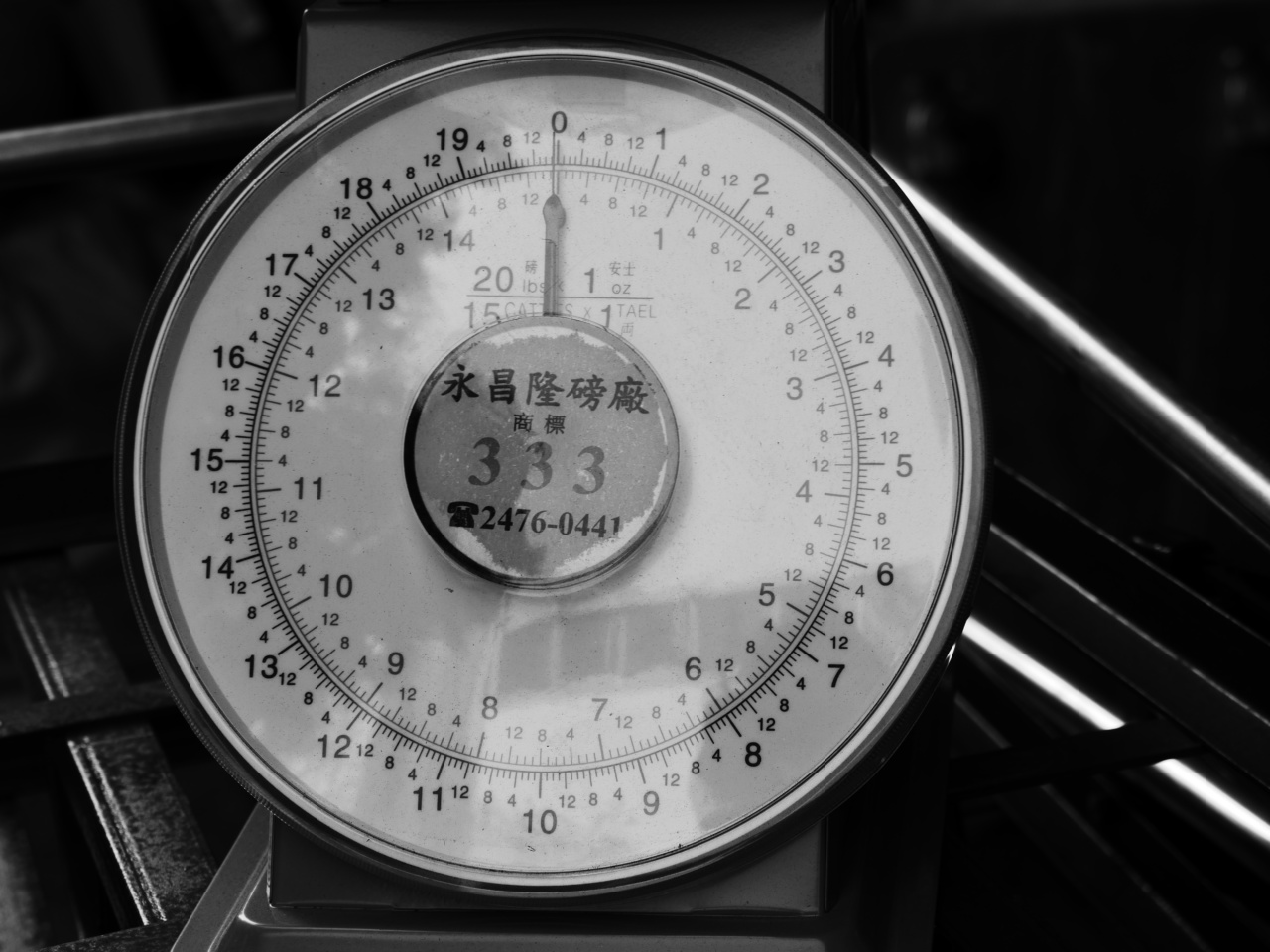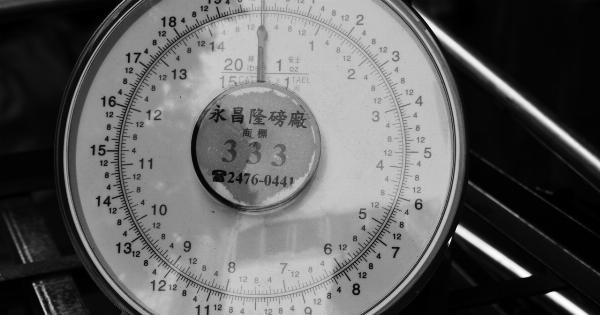In today’s technologically advanced world, the devices we own have become an integral part of our lives, serving a multitude of purposes. From communication to entertainment, these devices have revolutionized the way we live, work, and play.
However, they can also have an impact on our health, with several devices now capable of measuring blood pressure precisely and conveniently. This article explores the various devices available in the market that can accurately measure blood pressure, offering individuals greater control over their health.
Smartwatches and Fitness Trackers
Smartwatches and fitness trackers have transformed the way we approach health and fitness. These wearable devices not only track steps taken, calories burnt, and sleep patterns but also offer the ability to monitor blood pressure.
By utilizing advanced sensors and algorithms, these devices can provide accurate and real-time blood pressure measurements. Furthermore, they offer features such as heart rate monitoring and stress level tracking, making them comprehensive health companions.
Blood Pressure Monitors
Traditional blood pressure monitors have come a long way from bulky, manual devices to compact and user-friendly digital monitors. These monitors use an arm cuff and an electronic unit to measure blood pressure.
With the push of a button, the cuff inflates and deflates, while the monitor displays the systolic and diastolic pressure. These devices are simple to use and offer precise measurements, making them ideal for both personal and professional use.
Mobile Apps with Blood Pressure Monitoring
Advancements in smartphone technology have led to the development of numerous health-related mobile applications. Many of these apps now include functionality to measure blood pressure.
Users can simply place their finger on the smartphone’s camera lens, and through optical sensors, the app calculates blood pressure. While the accuracy of these apps may vary, advancements in technology continue to improve the precision of these measurements.
Wireless Blood Pressure Monitors
Wireless blood pressure monitors are another innovation that enhances convenience and accuracy. These devices are equipped with Bluetooth or Wi-Fi connectivity, allowing them to pair with smartphones or other compatible devices.
Users can easily sync their blood pressure readings with dedicated apps, which provide comprehensive data analysis and tracking. These wireless monitors are highly portable, making blood pressure monitoring hassle-free, even on the go.
Smart Scales
While primarily designed to measure weight, many smart scales now incorporate additional features, such as the ability to measure body fat percentage, muscle mass, and even blood pressure.
By stepping on the scale barefoot, users can obtain a variety of health metrics, including blood pressure. These smart scales utilize bioelectrical impedance analysis or similar technology to provide a quick and accurate reading. This integration of features makes them an excellent addition for health-conscious individuals.
Benefits of Using Devices to Measure Blood Pressure
The availability of devices that can accurately measure blood pressure offers numerous benefits:.
1. Convenience
These devices allow users to measure their blood pressure in the comfort of their own homes or on the go, eliminating the need for frequent visits to healthcare facilities.
2. Cost Savings
Investing in a blood pressure measuring device can save on the costs associated with doctor visits or regular blood pressure screenings.
3. Increased Awareness
By regularly measuring blood pressure, individuals gain a better understanding of their overall health and can take necessary steps to maintain or improve their well-being.
4. Personalized Health Management
Accurate blood pressure measurements allow individuals to make informed decisions regarding their lifestyle, including exercise routines, dietary choices, and stress management techniques.
5. Early Detection
Regular monitoring of blood pressure can aid in the early detection of hypertension or other cardiovascular conditions, allowing for timely medical intervention.
6. Empowerment
The ability to monitor and track one’s blood pressure empowers individuals to take control of their health, fostering a proactive approach towards overall well-being.
Challenges in Measuring Blood Pressure with Devices
While devices that measure blood pressure offer great convenience and accuracy, there are a few challenges to be aware of:.
1. Calibration
Devices need to be properly calibrated to ensure accurate blood pressure measurements. Regular calibration or verification against a standard device is necessary to maintain precision.
2. User Error
Improper use of devices, such as applying the cuff incorrectly or not positioning the sensor properly, can lead to inaccurate measurements. Proper training and adherence to instructions are crucial.
3. Variations in Readings
Various factors, such as anxiety, physical activity, or even the time of day, can affect blood pressure readings. Users should be aware of these factors to obtain consistent and reliable results.
4. Limited Availability
While devices that measure blood pressure are becoming increasingly accessible, they may not be as readily available or affordable in certain regions or for specific demographics.
The Future of Blood Pressure Measurement
The field of blood pressure measurement continues to evolve, with ongoing advancements in technology. Here are some exciting prospects for the future:.
1. Wearable Technology Improvements
Smartwatches and fitness trackers are likely to become even more accurate and reliable in measuring blood pressure, thanks to ongoing research and development efforts.
2. Integration into Everyday Objects
Researchers are exploring ways to incorporate blood pressure monitoring capabilities into everyday objects, such as clothing or furniture, making monitoring seamless and unobtrusive.
3. Enhanced Data Analysis
As technology improves, so does the ability to analyze and interpret blood pressure data. Artificial intelligence and machine learning algorithms can provide more comprehensive insights into individual health trends and patterns.
4. Continuous Monitoring
Future devices may allow for seamless, non-stop tracking of blood pressure, providing a holistic view of an individual’s cardiovascular health.
Conclusion
Devices available to consumers today offer precise and convenient measurements of blood pressure.
From smartwatches and fitness trackers to mobile apps and wireless monitors, these devices empower individuals to take control of their health and make proactive decisions. While challenges exist, ongoing advancements in technology continue to enhance the accuracy and accessibility of blood pressure measuring devices.
With the future holding promising prospects, individuals have the means to accurately measure and monitor their blood pressure, leading to better overall health outcomes.






























